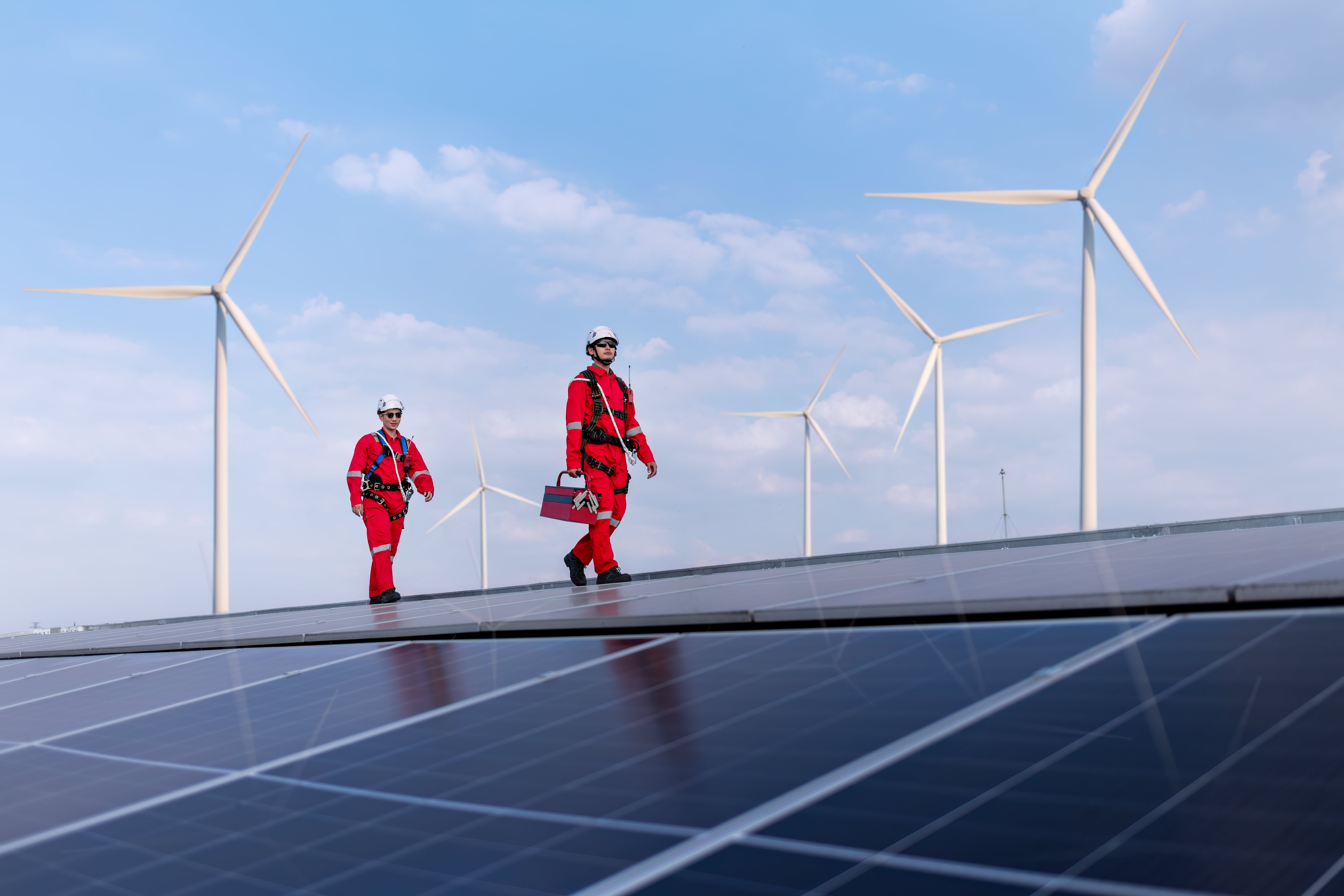The Washington Champagne and the Lagos Darkness
Capital is a coward. While the world’s financial elite gather today, October 23, 2025, in Washington D.C. for the IMF and World Bank Annual Meetings, a darker reality is short-circuiting the African growth story. The headlines are focused on Mission 300, a massive $30 billion initiative to electrify 300 million Africans by 2030. But follow the money and you will find a predatory architecture. We are witnessing the birth of a utility-debt complex that prioritizes interest payments to New York and London over the survival of small businesses in Lagos and Nairobi.
Energy access is not economic growth. In the 48 hours leading up to today, the World Bank released its October 22 progress report, boasting of 17 new country compacts. However, the fine print reveals a terrifying trend. These projects are increasingly funded through non-concessional debt, pushing the continent’s total external debt toward a suffocating $1.2 trillion. When a rural village is connected to a mini-grid, but the tariff is higher than the profit margins of a local mill, the connection is a liability, not an asset.
The SME Death Spiral
The chart above illustrates the alpha that institutional investors are ignoring. In Lagos, energy costs now consume 42% of a typical manufacturer’s revenue. This is a direct consequence of the October 21 grid instability reports which confirmed Nigeria’s national grid has collapsed ten times in 2025 alone. To compensate for the state’s failure, the Nigerian Electricity Regulatory Commission has allowed tariffs to skyrocket, theoretically to attract private capital. In practice, it is a wealth transfer from struggling entrepreneurs to the balance sheets of debt-heavy distribution companies.
The Nigerian Disconnect
Infrastructure is a ghost. On October 19, 2025, the Transmission Company of Nigeria (TCN) reported a total system failure that lasted 14 hours. For the industrial hubs in Ogun State, this was not just an inconvenience; it was a liquidation event. When the grid fails, the backup is diesel. With the naira trading at record lows this week, the landed cost of fuel has made domestic manufacturing mathematically impossible. The World Bank’s Mission 300 focuses on the number of wires installed, but it ignores the quality of the electrons flowing through them.
The technical mechanism of this failure is rooted in the lack of spinning reserves. Nigeria’s grid operates with almost no buffer, meaning a single trip at the Egbin Power Plant can trigger a nationwide blackout. Instead of investing in grid hardening, the current capital flow is being diverted into pay-as-you-go solar kits for rural households. These kits can power a lightbulb and a mobile phone, but they cannot power a drill, a saw, or a refrigeration unit. We are electrifying poverty, not industry.
Eskom’s Accounting Fiction
Recovery is an illusion. In South Africa, the narrative has shifted toward a supposed turnaround at Eskom. This week, the utility claimed a stabilized grid with minimal load shedding. However, this stability is purchased at a ruinous price. Per the October 22 NERSA hearings, Eskom is demanding a 36.15% tariff hike for the next year. This is not a sign of an efficient utility; it is a sign of a utility that has become a tax on the entire economy.
The real risk lies in the municipal debt bubble. While Eskom reports profits on its balance sheet, the municipalities that buy its power are over R100 billion in arrears. They cannot collect from residents who are already squeezed by 30% unemployment. The government’s R254 billion debt relief package for Eskom is a shell game. It moves debt from the utility to the sovereign, increasing the risk of a credit downgrade that will eventually drive up interest rates for every private borrower in the country. If you are holding South African sovereign bonds, you are effectively holding a bet that Eskom can defy the laws of physics and economics simultaneously.
The Last Mile Trap
Mini-grids are the new subprime. The push for decentralized renewable energy (DRE) is being hailed as the solution for the Last Mile. But the financial models behind these mini-grids are predatory. Most are funded by private equity firms looking for 20% plus internal rates of return (IRR). To achieve these yields in rural markets with low purchasing power, they utilize high-interest consumer credit. The villager in Tanzania is not just buying electricity; they are entering a high-interest debt contract that is securitized and sold to global impact investors.
This is a two-tier energy system. The first tier consists of urban elites who can afford private battery backups and solar arrays. The second tier consists of the productive poor, who are shackled to high-tariff, low-voltage systems that provide just enough power to watch advertisements for goods they can no longer afford to manufacture. This is the energy-job mirage. We are building a continent of consumers, not producers.
Watch the January 15, 2026, debt servicing deadline for the West African Power Pool’s latest infrastructure bond. This $500 million payment will be the first real test of whether the revenues from these new connections actually exist. If the default rates in the SME sector continue at their current October pace, the grid expansion will not just be a failure of development; it will be the catalyst for the next sovereign debt crisis. The data to watch is the industrial capacity utilization rate in Lagos. If it drops below 35% in the first quarter of next year, the Mission 300 dream will officially become a nightmare.



